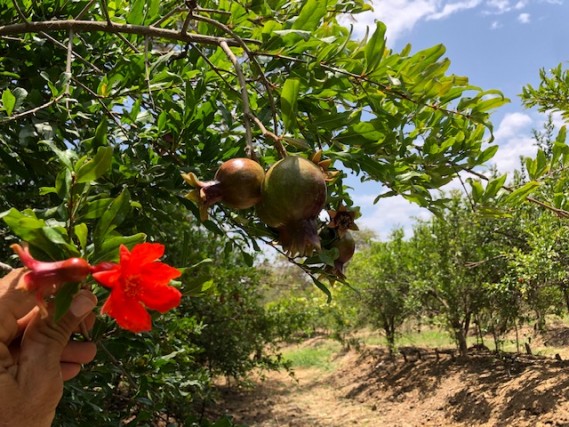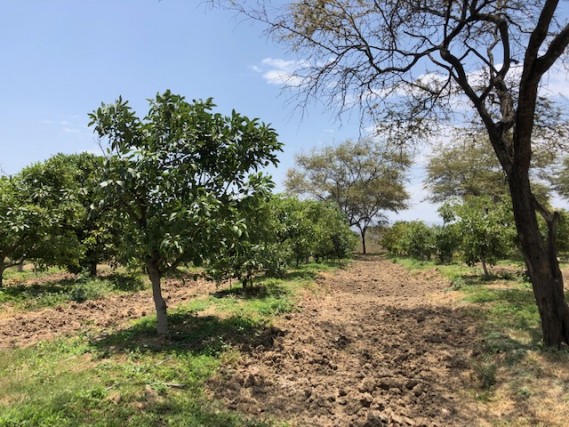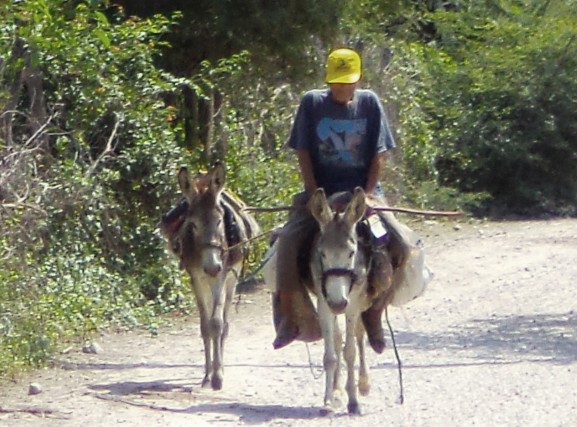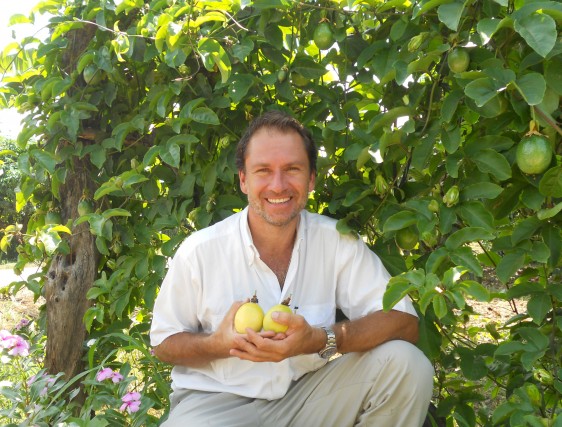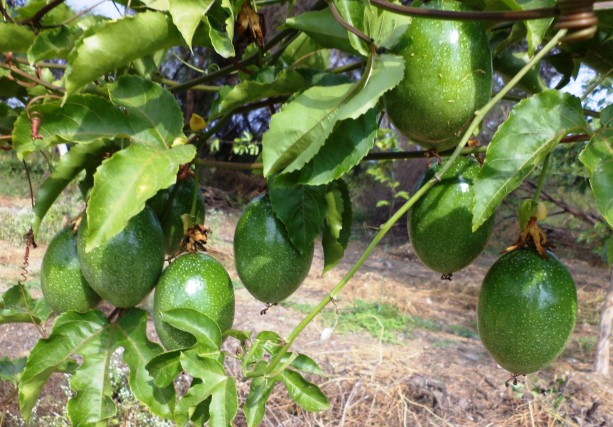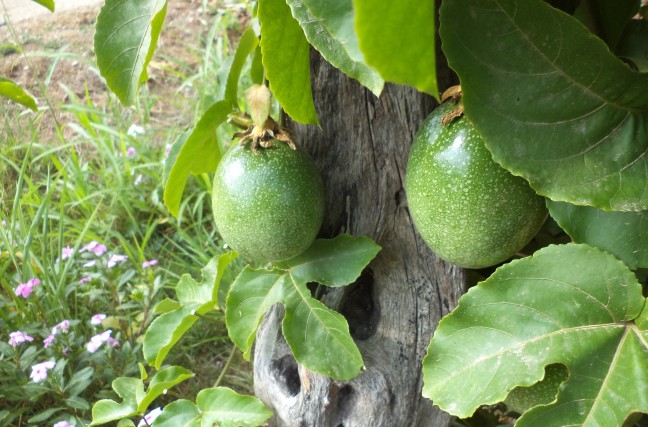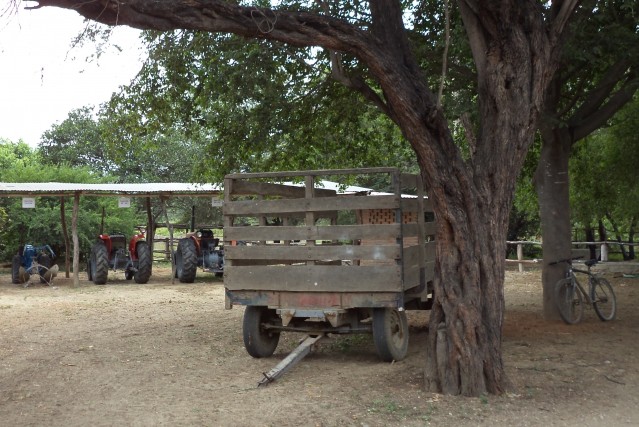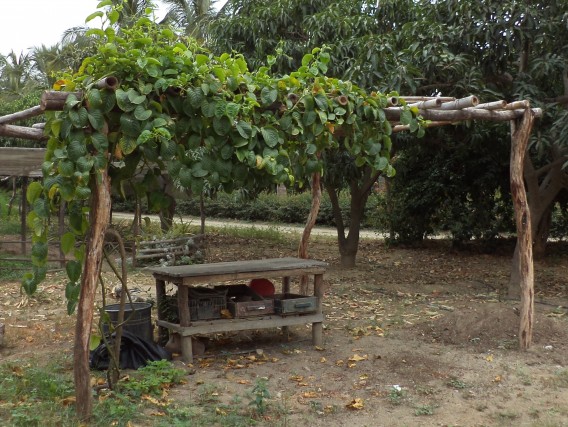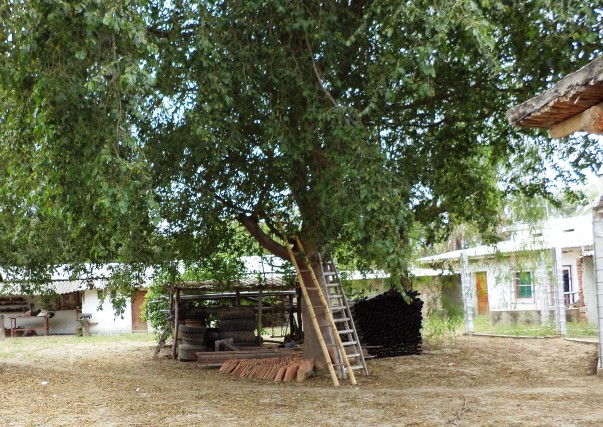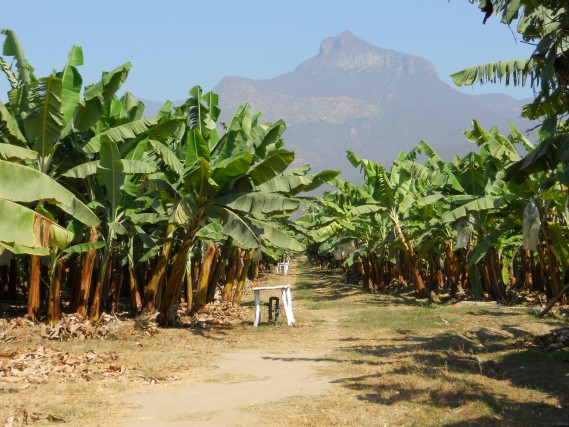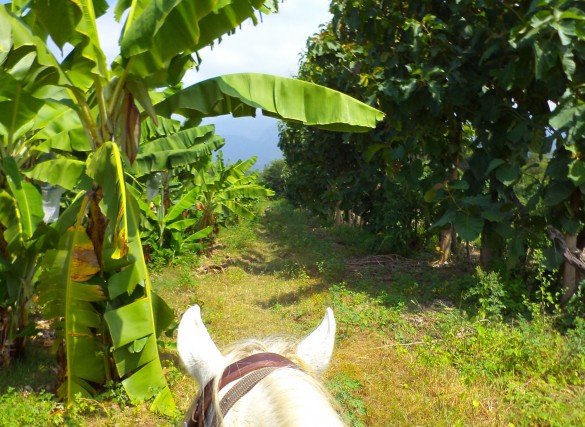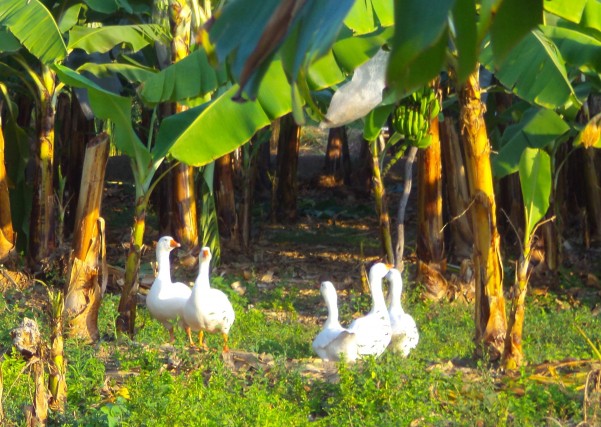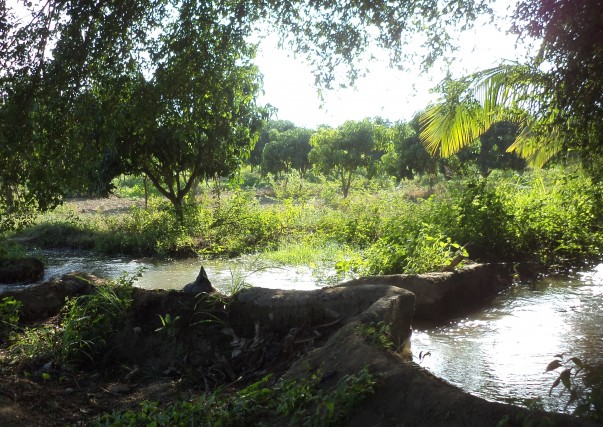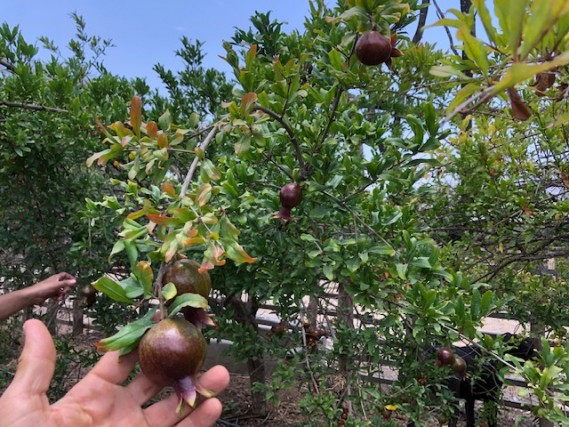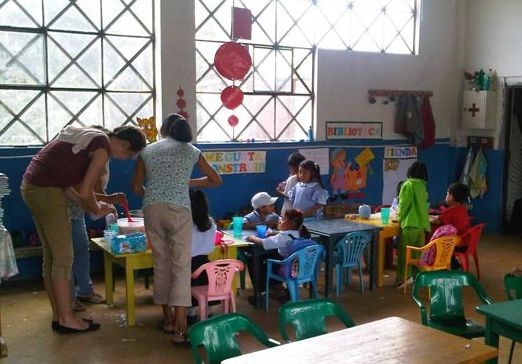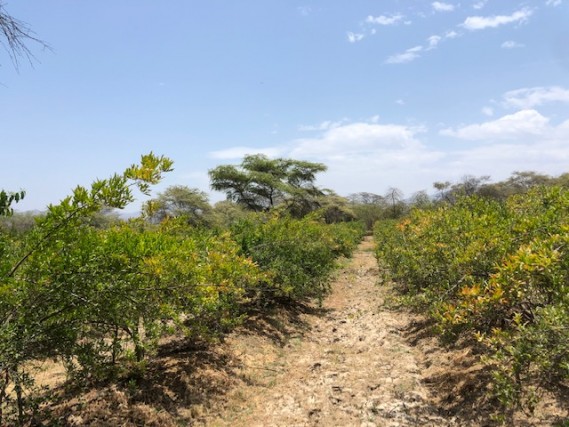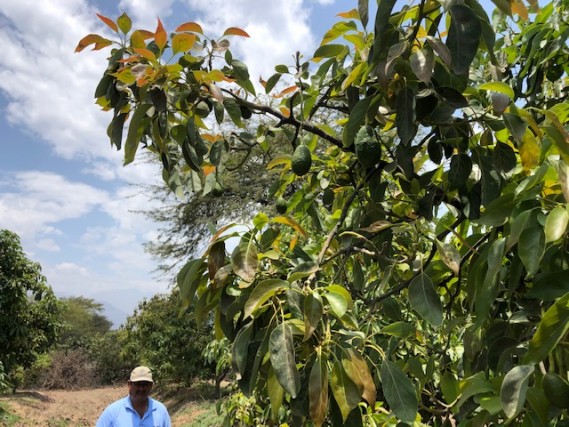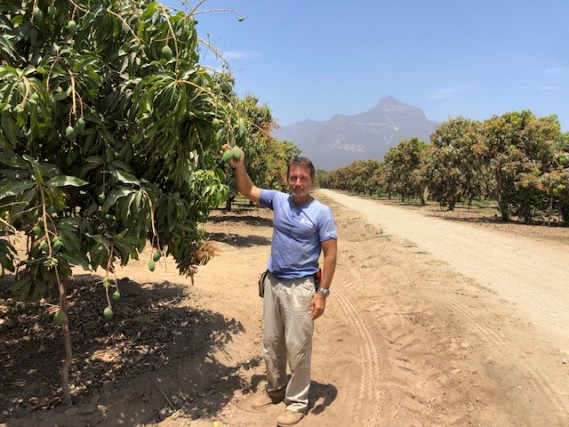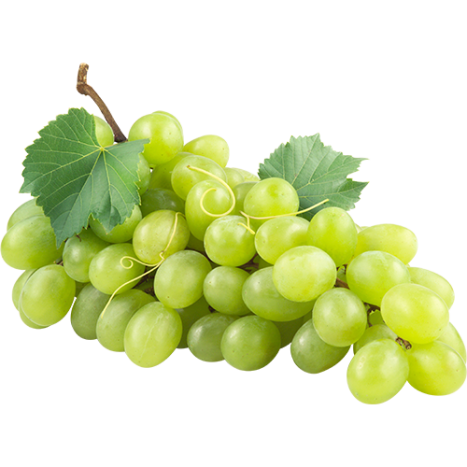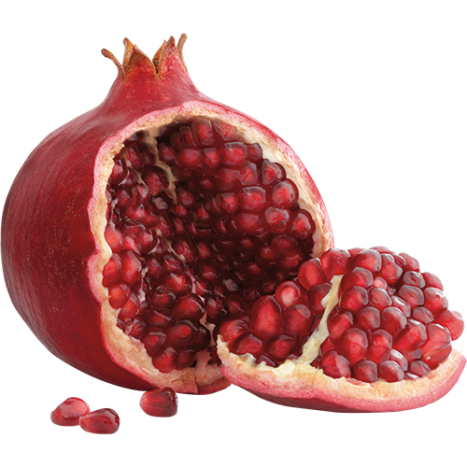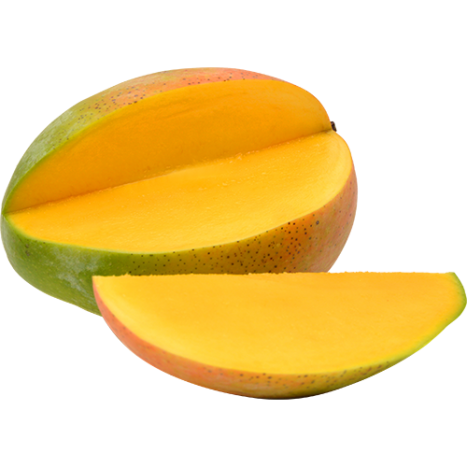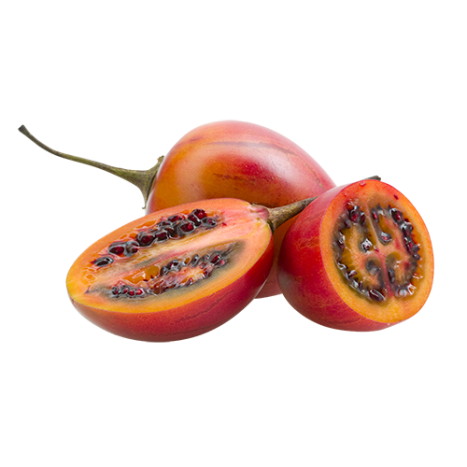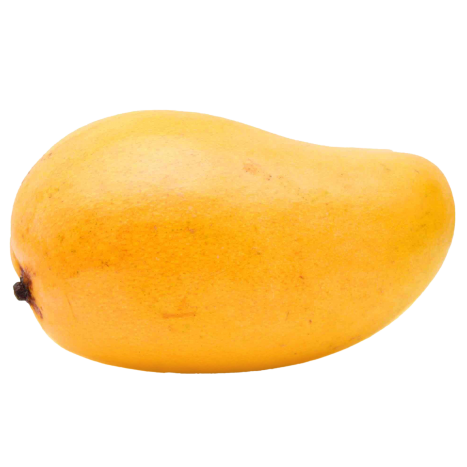Our company, ProNatur, started in 1996 as a cooperative of small farmers in the tropical highlands of the rainforest around the city of Moyobamba. Today, approximately 1,200 farming families manage over 3,500 hectares of land, where coffee is primarily cultivated. Additionally, we have established our own farms where we grow crops such as mangoes, passion fruits, beans, peas, bananas, and asparagus. Together, we actively contribute to the protection of approximately 50,000 hectares of rainforest.
I am a strong advocate for organic regenerative agriculture, and I apply these principles on my farm in Tongorappe. By rotating crops and enriching the soil with plants like beans and lupins, we naturally restore soil fertility. We combine crops that strengthen each other, such as avocado and ginger, to improve biodiversity and yields.
The coffee is a different kind of cultivation. The average plot size of coffee farms is usually between 2 and 5 ha, depending on the number of family members. They are located in remote areas in the northern highlands of Peru. Some of them are farmed by recently established migrant families from the higher, impoverished Andean regions, others by local people, and some by small groups of descendants of Aguaruna and Huambisa (the original native people of this Amazon region) who are slowly but progressively integrated - socially as well as economically. The majority of the plots are in the Altomayo region, on both banks of the Mayo river, and on the eastern slopes of the mighty Marañón at an altitude of 1300 to 2000 m above sea level. These rivers wind their way through the fertile, high lying rain forest of the upper reaches of the Amazon basin in Peru, famous for its biodiversity. However, due to the fragility of these fertile soils they need to be protected from heavy rains to prevent them from eroding.
Therefore each family receives assistance to improve their agricultural practices and learn about agro-ecological concepts to preserve the delicate balance of this eco-system. The continuous presence of agronomists specialized in agro-ecology, sociologists and technicians, all of them dedicated to developing sustainable agro-ecosystems, are helping to introduce new concepts of efficiency, product quality and environmental responsibility in the area.
The families are individually responsible to cultivate their land, but have agreed to follow organic principles which comply with the regulation of various European and U.S. certifiers, such as Bio-Suisse, Naturland, USDA-NOP. An internal control organization is responsible to ensure that their standards are fulfilled and that the necessary certification requirements are adhered to.
ProNatur has succeeded in improving and assuring incomes to its members and their communities through efficient and transparent methods of production and marketing.



